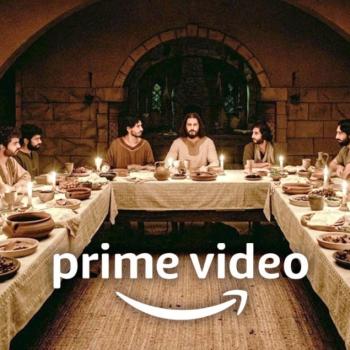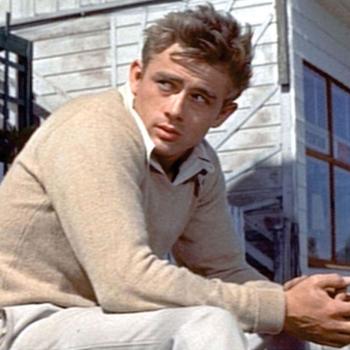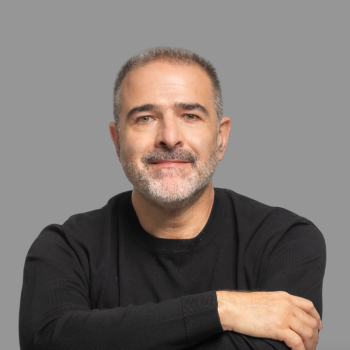Experience is universal, valuable, and variable. Process theologians believe that we live in an enchanted universe in which all things have some level of experience. The complexity of experience characteristic of humans exists in continuity with less complex and potentially more complex experiencing beings. While this does not imply that rocks have consciousness or a central node of experience, it does mean that the molecules and atoms that constitute rocks have some minimal experience of one another that provides stability and order. Process theology asserts that non-humans experience and, accordingly, have value apart from our purposes. The bird and wildlife on the Gulf Coast of the U.S. are feeling pain and deserve moral consideration. Accordingly, gratitude and reverence for life is a central religious virtue. A lively spirituality for the future will join contemplation and action, grounded in the experience of beauty and wonder.
Creativity and freedom are real for God and us. Process theologians believe that God does not -- and cannot -- fully determine the experience of any creature or the future of the planet. God does not, in contrast to Rick Warren's Purpose Driven Life, determine the most important details of our lives without our input. In contrast, the future is open for God and us. Ironically, a God who does not fully know or determine the future in its actuality is more alive, creative, and active than a God who has chosen the future in its entirety. A God to whom new things happen can respond to our prayers in ways that make a difference, operating within the causal relationships of the natural world. An ethic and spirituality of the future challenges humans to become innovative in playing their part as God's companions in healing the earth.
God is creative-responsive love. God and the world constitute a dynamic synergy of "call and response" in which God inspires and energizes each moment of experience and, conversely, embraces the ongoing history of the planet and the universe as part of God's own experience. God is the "most moved mover," shaping all things and, consequently, being shaped by all things. God touches the world and the world touches God in such a way that God truly experiences our joys and sorrows from the inside. Ethics involves loving the creature and, in so doing, loving the creator; what we do to our planetary companions we do unto God. Ethics involves the gifts we bring to God; with Mother Teresa, our highest honor and gift is to do something beautiful for God by bringing beauty and joy to this world. A lively theology and faith for the future affirms that our lives make a difference to God and to one another.
Process theology preaches, teaches, and inspires. It provides a vision that motivates creativity, inspires care for the earth, calls us to partnership, and awakens us to beauty. In a time of growing polarization and compartmentalization, despite the claims of quantum physics, biology, and mind-body medicine, process theology proclaims an integrated vision of reality, grounded in God's omnipresent, relational, and non-coercive activity. If God is present everywhere as the artist, visionary, and non-coercive power of the future, then wherever truth and healing are present God is their source, whether in the laboratory, fossil field, medical ward, meditation room, or sanctuary. Process theology provides one path to a lively, world-affirming, spiritually-centered, and socially responsible faith for the future. Process theology inspires a faith that can energize the mission of moderate and progressive Christians in the 21st century.
Bruce Epperly is Professor of Practical Theology and Director of Continuing Education at Lancaster Theological Seminary and co-pastor of Disciples Community Church in Lancaster, PA. He is the author of seventeen books, including Holy Adventure: 41 Days of Audacious Living and Tending to the Holy: The Practice of the Presence of God in Ministry.




